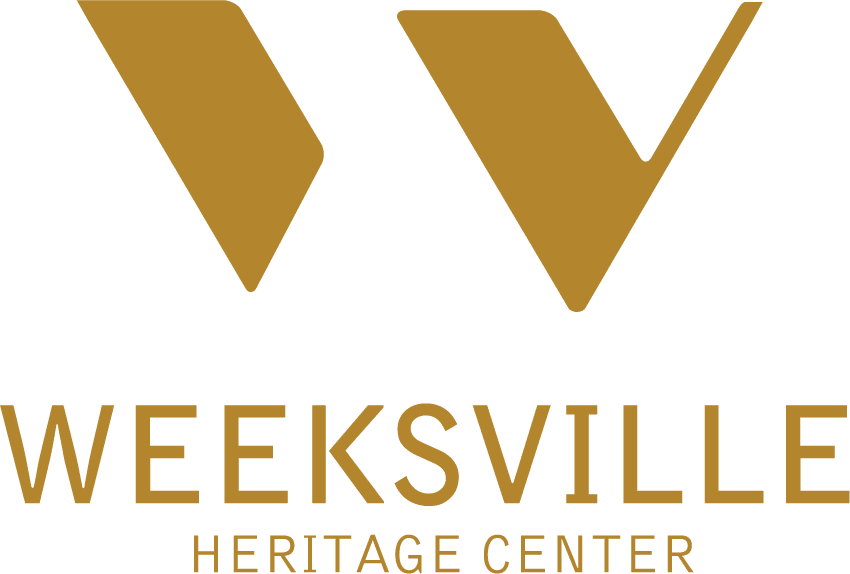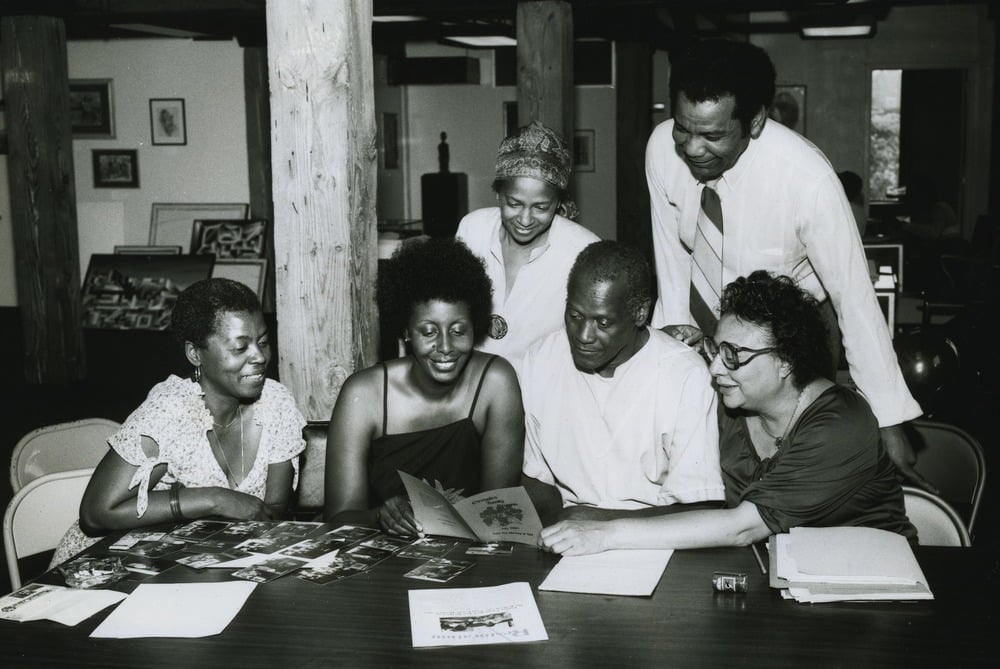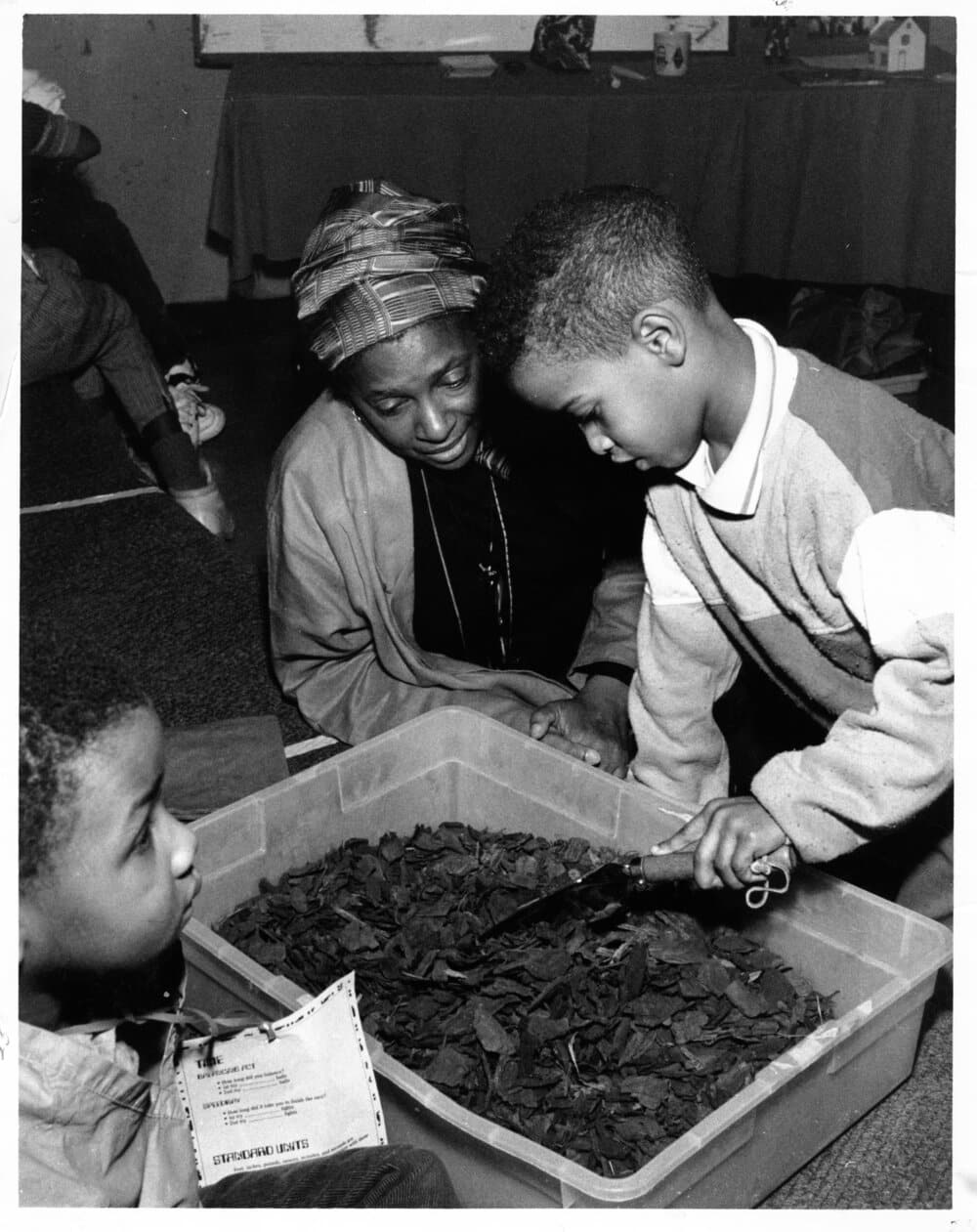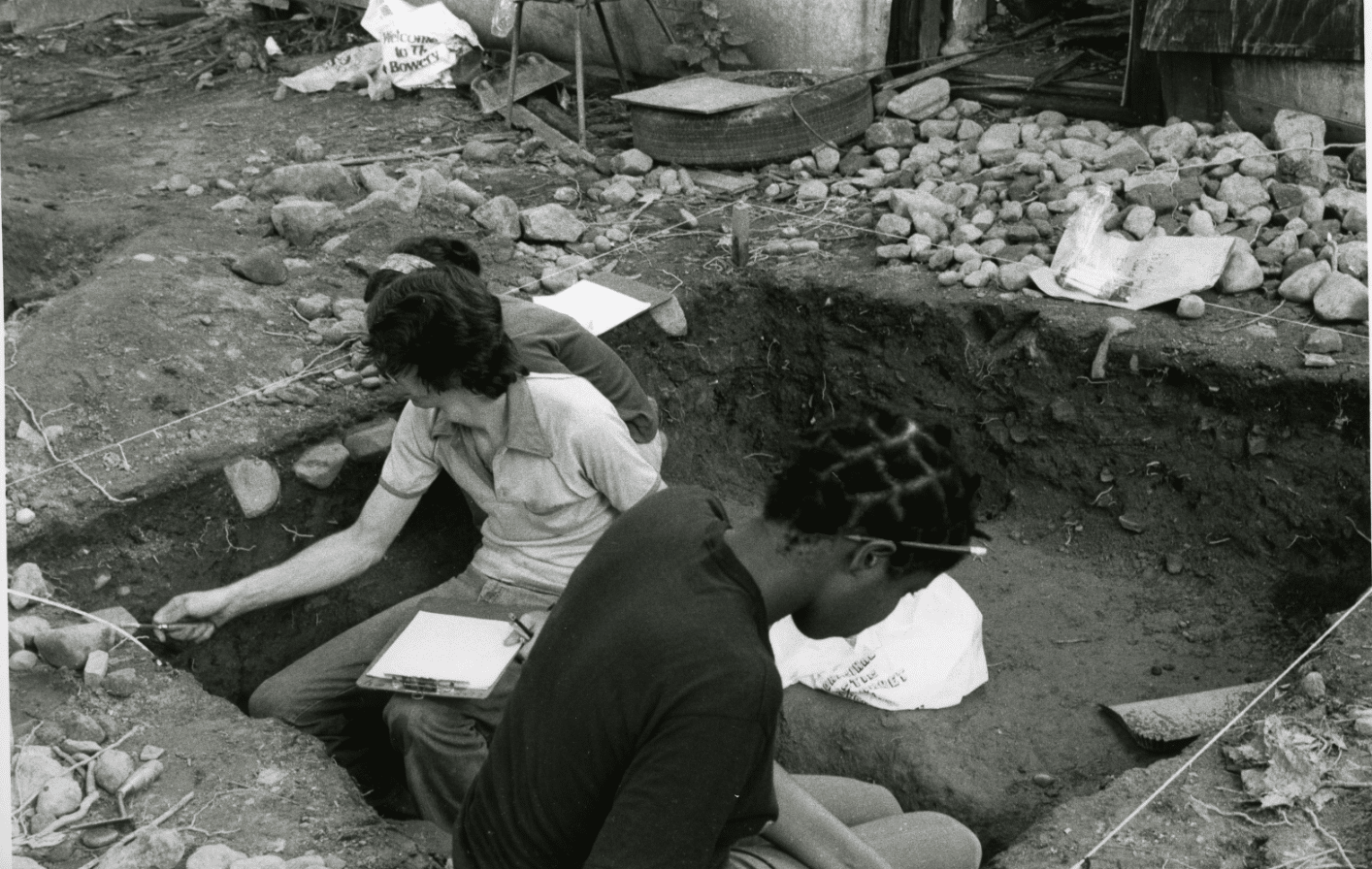5th of July Resource Center for
Self-Determination & Freedom
The 5th of July Resource Center for Self-Determination & Freedom is dedicated to the production and dissemination of knowledge concerning histories of post-emancipation, freedom, and the promise thereof. In addition to serving as a repository of information, the Resource Center generates knowledge and insight on historic understandings of 19th- and 20th-century African-American, Caribbean, and African history and sponsors intellectual activities to further this comprehension.
Inspired by the self-determination of Weeksville’s historic free Black community, the Center’s expansion of knowledge is grounded on existing intellectual and material resources of Weeksville’s history—research, documentation, and the archival and object collections, including Weeksville’s invaluable architectural resources, the Hunterfly Road Houses. With the development of the 5th of July Resource Center, Weeksville Heritage Center (WHC) advances its mission to make its collections, archives, and oral histories available to the community at large including the scholarly community, teachers, students, and the general public.
Weeksville Heritage Center is a significant American historic site, with a rare extant example of an independent African-American community organized by African-American entrepreneurs and land investors. Weeksville became the second-largest known independent African-American community in pre-Civil War America. Comprising a deeply engaged community, Weeksville residents established one of the first African-American newspapers, advocated for abolition, and provided safe haven during the violent draft riots of the Civil War era. In the late 1960s, Weeksville was all but forgotten until a small group of community activists rediscovered four dilapidated houses that stood as residential remnants of historic Weeksville. The Historic Hunterfly Road Houses, as they are known today, are New York City landmarks and are listed in the National Register of Historic Places.
The Oral History Collection
The Weeksville Society emerged from a workshop called Project Weeksville, an archaeological survey of the Weeksville community by local college students, neighborhood youth and volunteers, which began in 1968 under the direction of Pratt Institute professor, James Hurley. With the assistance of the New York City Landmarks Commission and a grant from the New York City Model Cities Policy Committee, Project Weeksville participants searched for items of historic value beneath the surface of the ground. Since 1968, several archaeological excavations have been conducted as part of an ongoing study of Weeksville’s transition from a 19th-century farming community to a complex urban center for African-American culture.
Medgar Evers College eventually became the home of Project Weeksville, where Rodney Toney and Mary Ann Brown served as Project Directors. Ms. Brown developed the oral history program’s narrative and methodology.
In the first year of the project, titled “Oral History and Educational Unit at the Society for the Preservation of Weeksville and Bedford-Stuyvesant,” over twenty oral histories were collected.
In December 2006, Weeksville Heritage Center partnered with StoryCorps to collect and record the stories of Weeksville Society contributors and local residents. The Collection chronicles the beginnings of a reemerging interest in the preservation of Weeksville history and the individuals that were involved in the efforts including professors, students, neighborhood youth, and parents. A StoryCorps recording studio was stationed in front of the historic Hunterfly Road Houses; it was StoryCorps first oral history intake in Brooklyn, NY. Another StoryCorps oral history intake occurred in 2007/2008. Since then, Weeksville Heritage Center has collected over 120 oral histories.



